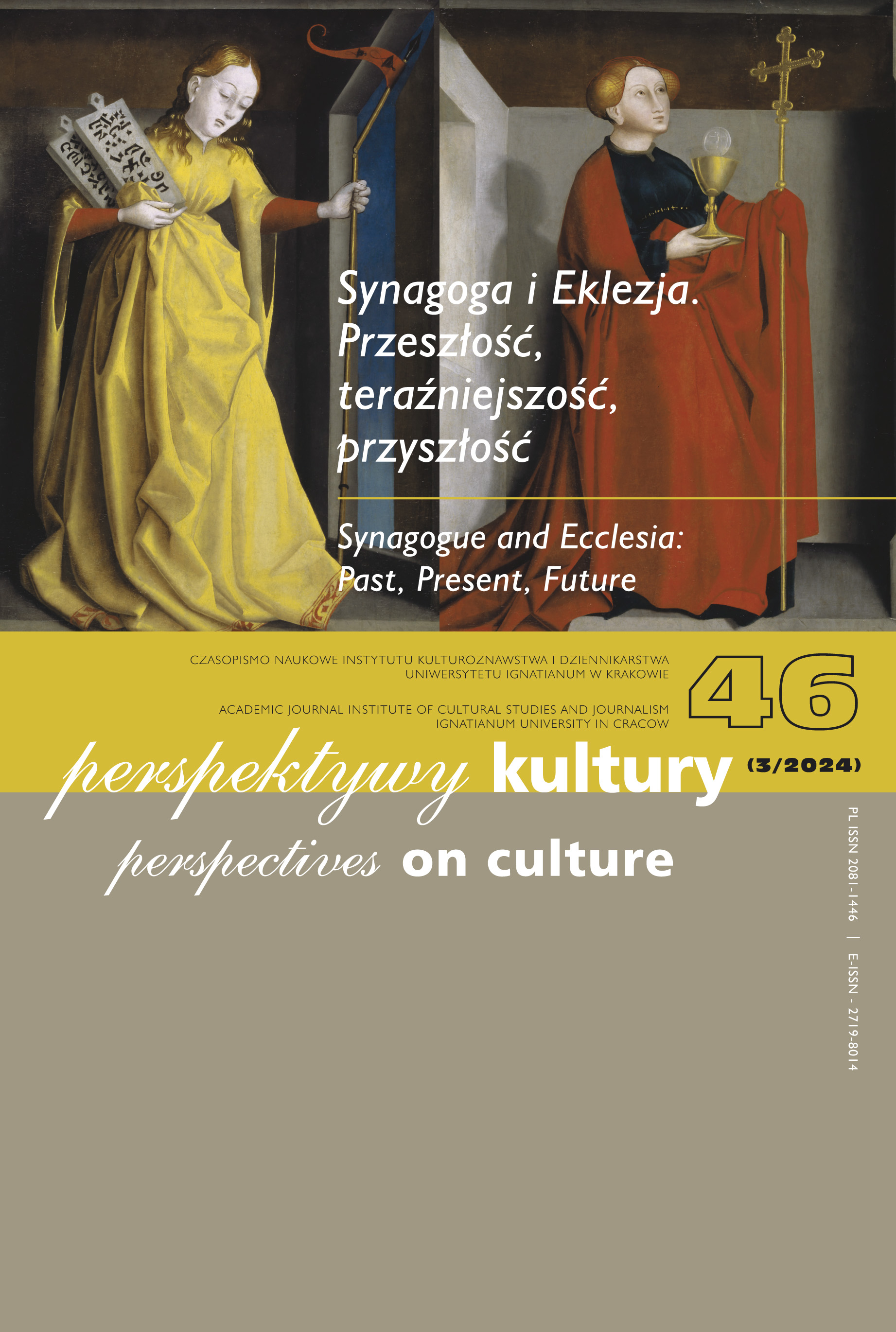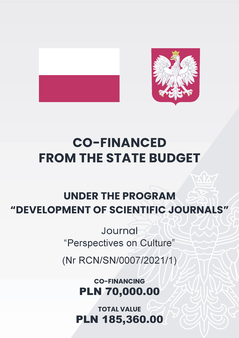Padoue dans les journaux des aristocrates polonaises Waleria Tarnowska et Rozalia Dunin-Borkowska
Abstract
The Enlightenment era facilitated greater mobility for women, allowing them to travel more freely and document their experiences. This article explores the distinctive contributions of Waleria Tarnowska and Rozalia Dunin‑Borkowska through their diaries, which offer rich, nuanced descriptions of Italian landscapes and art. Far from mere personal recollections, these diaries provide valuable insights into the cultural dimensions of their journeys and the early 19th-century Polish aristocracy. The study employs an intertextual approach to analyze the motivations and experiences of these two women as they explored the beauty of Italy. It highlights how their travels were transformative, expanding their cultural perspectives and influencing their personal expressions. This transformation is evident in their reflective and expressive writing, which adds a new layer to their self-presentation and self-creation. The findings underscore the significant educational and intellectual benefits of their foreign travels, revealing how such experiences broadened their cultural horizons. The detailed accounts from these well-educated and perceptive travelers allow readers to appreciate the allure of 19th-century Italy through the refined lens of their literary skills.
Copyright (c) 2024 Perspectives on Culture

This work is licensed under a Creative Commons Attribution-NoDerivatives 4.0 International License.
Autor, zgłaszając swój artykuł, wyraża zgodę na korzystanie przez Wydawnictwo Uniwersystet Ignatianum z utworu na następujących polach eksploatacji:
- utrwalania utworu w formie papierowej, a także na nośniku cyfrowym lub magnetycznym;
- zwielokrotnienia utworu dowolną techniką, bez ograniczenia ilości wydań i liczby egzemplarzy;
- rozpowszechniania utworu i jego zwielokrotnionych egzemplarzy na jakimkolwiek nośniku, w tym wprowadzenia do obrotu, sprzedaży, użyczenia, najmu;
- wprowadzenia utworu do pamięci komputera;
- rozpowszechniania utworu w sieciach informatycznych, w tym w sieci Internet;
- publicznego wykonania, wystawienia, wyświetlenia, odtworzenia oraz nadawania i reemitowania, a także publicznego udostępniania utworu w taki sposób, aby każdy mógł mieć do niego dostęp w miejscu i czasie przez siebie wybranym.
Wydawca zobowiązuje się szanować osobiste prawa autorskie do utworu.






